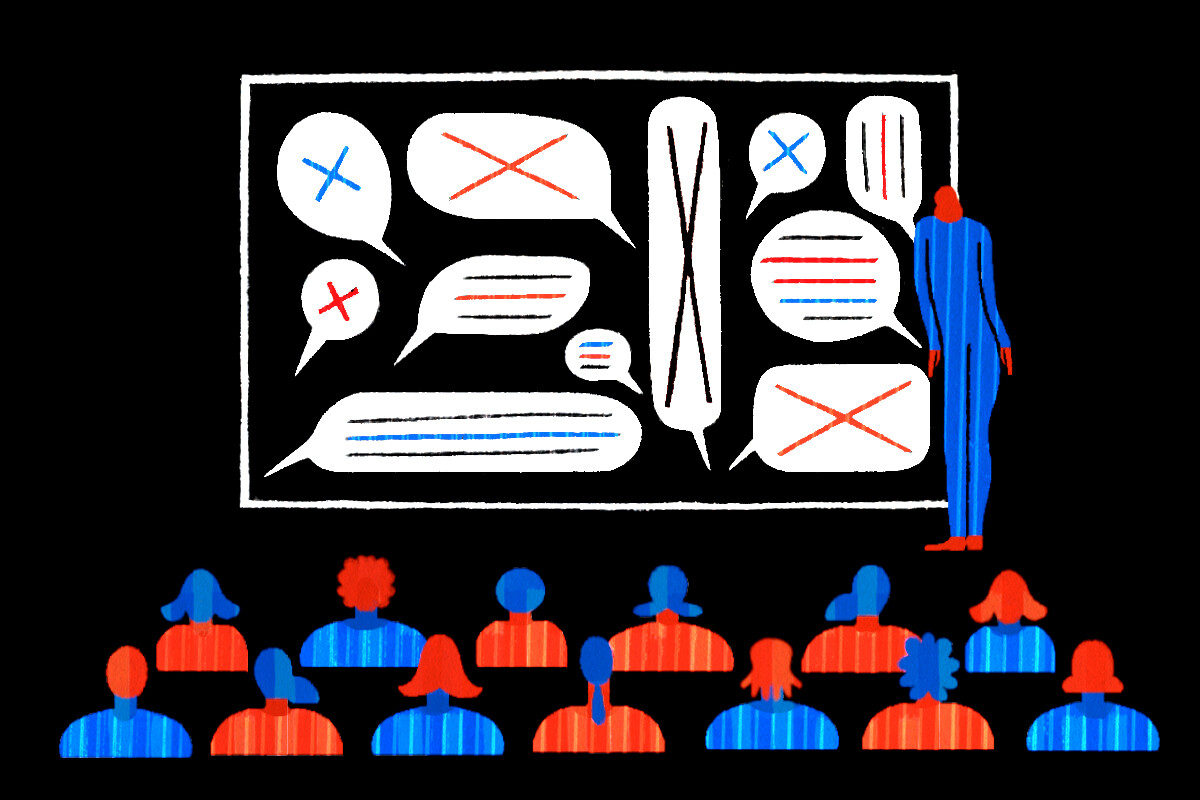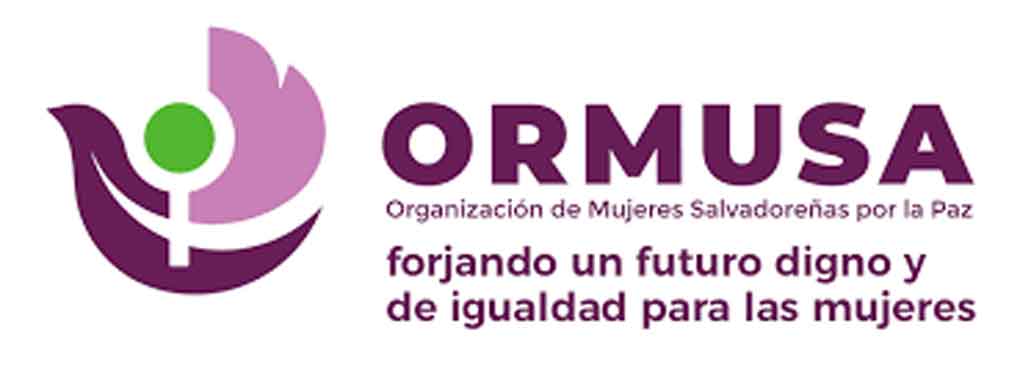NC State women’s group for gender equality suspended for school year – WRAL.com

Impact of University of North Carolina System Policy on Sustainable Development Goals
Executive Summary
A new policy within the University of North Carolina (UNC) system, UNC Policy 300.8.5, has mandated the elimination of diversity, equity, and inclusion initiatives, leading to the suspension of key institutional bodies. At North Carolina State University, the Council on the Status of Women has been suspended for the 2025-26 academic year. This report analyzes the direct implications of these actions on the university’s alignment with several United Nations Sustainable Development Goals (SDGs).
Analysis of SDG 5: Gender Equality
The suspension of the Council on the Status of Women constitutes a significant setback for the advancement of SDG 5, which aims to achieve gender equality and empower all women and girls.
- Dismantling Institutional Mechanisms: The Council was a primary university organization dedicated to advancing gender equity. Its suspension removes a critical institutional mechanism for achieving Target 5.5, which calls for ensuring women’s full participation and equal opportunities for leadership.
- Cessation of Advocacy Platforms: The suspension includes affiliated events such as the Sisterhood Dinner, eliminating platforms for dialogue and community-building essential to fostering an inclusive environment for women on campus.
- Systemic Policy Shift: The official statement confirms the suspension is to ensure “alignment with UNC Policy 300.8.5,” indicating a systemic retreat from proactive institutional support for gender equality.
Implications for SDG 10: Reduced Inequalities
The broader policy to eliminate DEI efforts across the UNC system directly conflicts with the objectives of SDG 10, which focuses on reducing inequality.
- System-Wide Implementation: The policy’s impact extends beyond a single campus, with the University of North Carolina at Chapel Hill and North Carolina Central University also undertaking compliance measures.
- Reduction of Dedicated Resources: Compliance has led to a quantifiable reduction in resources allocated to addressing inequality.
- UNC-Chapel Hill eliminated 20 roles and 41 vacant positions while realigning 27 other jobs.
- N.C. Central University realigned funds from its office of diversity, equity, and inclusion.
- Contradiction of Inclusionary Goals: These actions dismantle the very frameworks designed to support and empower marginalized groups, undermining the core principle of Target 10.2, which is to promote the social, economic, and political inclusion of all.
Challenges to SDG 16: Peace, Justice and Strong Institutions
The policy shift raises concerns regarding the university system’s commitment to SDG 16, which promotes the development of effective, accountable, and inclusive institutions.
- Erosion of Inclusive Governance: By suspending a council specifically representing the status of women, the university weakens its institutional framework for inclusive governance and stakeholder representation.
- Impact on Institutional Accountability: The removal of DEI structures and bodies like the Council diminishes the mechanisms that hold the institution accountable for creating an equitable and just environment for its entire community, a key component of Target 16.6.
Analysis of Sustainable Development Goals (SDGs) in the Article
1. Which SDGs are addressed or connected to the issues highlighted in the article?
-
SDG 5: Gender Equality
- The article’s central theme is the suspension of the “Council on the Status of Women,” an organization explicitly “dedicated to advancing gender equity and creating an inclusive environment for women.” This action directly impacts the institutional mechanisms designed to promote gender equality within the university system, making SDG 5 the most relevant goal.
-
SDG 10: Reduced Inequalities
- The article states that the suspension is part of a broader policy to “eliminate diversity, equity and inclusion efforts.” DEI initiatives are primary tools for reducing inequalities faced by various groups, including women. By dismantling these efforts, the policy and its consequences are directly linked to the goal of reducing inequalities.
-
SDG 16: Peace, Justice and Strong Institutions
- This goal advocates for effective, accountable, and inclusive institutions. The suspension of a council representing women’s interests and the elimination of DEI offices can be seen as making the university system a less inclusive institution. The policy change reflects a shift in institutional priorities away from actively promoting inclusion and representation.
2. What specific targets under those SDGs can be identified based on the article’s content?
-
Target 5.c: Adopt and strengthen sound policies and enforceable legislation for the promotion of gender equality and the empowerment of all women and girls at all levels.
- The article discusses the implementation of a new policy, “UNC Policy 300.8.5, Equality within the University of North Carolina.” However, instead of strengthening mechanisms for gender equality, this policy leads to the suspension of the Council on the Status of Women. This action is in direct opposition to the spirit of Target 5.c, as it weakens rather than strengthens policies and structures for gender equality.
-
Target 10.2: By 2030, empower and promote the social, economic and political inclusion of all, irrespective of age, sex, disability, race, ethnicity, origin, religion or economic or other status.
- The elimination of DEI efforts, as mandated by the new policy, directly undermines this target. The article notes that UNC eliminated roles and realigned funds away from its DEI office. These offices and councils are created specifically to promote the inclusion of various groups, and their removal is a clear step away from achieving this target within the university community.
-
Target 16.b: Promote and enforce non-discriminatory laws and policies for sustainable development.
- The article centers on a new “equality policy” that is being enforced across the UNC system. The consequence of this policy is the removal of bodies designed to address and combat discrimination and promote equity for women. This makes the policy itself a subject of analysis under Target 16.b, as its enforcement is shown to have a negative impact on institutional structures that support non-discrimination.
3. Are there any indicators mentioned or implied in the article that can be used to measure progress towards the identified targets?
-
Existence of institutional bodies dedicated to gender equality.
- The article provides a direct, measurable indicator: the status of the “Council on the Status of Women.” Its suspension is a clear data point indicating a regression from institutional commitment to gender equality. The existence, funding, and empowerment of such bodies can serve as a key indicator.
-
Allocation of resources (funding and positions) for DEI initiatives.
- The article implies that progress can be measured by tracking resources allocated to DEI. It provides specific negative indicators: “UNC eliminated 20 roles and 41 vacant positions” and “N.C. Central realigned funds from the office of diversity, equity and inclusion.” These actions are quantifiable metrics showing a divestment from DEI and, by extension, a move away from the targets of reducing inequality.
-
The adoption and nature of institutional policies related to equality and non-discrimination.
- The article explicitly names “UNC Policy 300.8.5, Equality within the University of North Carolina” as the reason for the changes. The existence and content of such policies are themselves indicators. An analysis of this policy and its impact serves as a way to measure the institution’s commitment to creating a non-discriminatory and inclusive environment.
Summary Table of SDGs, Targets, and Indicators
| SDGs | Targets | Indicators |
|---|---|---|
| SDG 5: Gender Equality | Target 5.c: Adopt and strengthen sound policies… for the promotion of gender equality… | The existence and operational status of institutional bodies dedicated to gender equality (e.g., the suspension of the “Council on the Status of Women”). |
| SDG 10: Reduced Inequalities | Target 10.2: Empower and promote the social… and political inclusion of all… | Allocation of resources for DEI initiatives, measured by the number of dedicated roles and the direction of funding (e.g., “eliminated 20 roles,” “realigned funds from the office of diversity, equity and inclusion”). |
| SDG 16: Peace, Justice and Strong Institutions | Target 16.b: Promote and enforce non-discriminatory… policies… | The content and enforcement of institutional policies related to equality (e.g., the implementation of “UNC Policy 300.8.5” leading to the removal of DEI structures). |
Source: wral.com

What is Your Reaction?
 Like
0
Like
0
 Dislike
0
Dislike
0
 Love
0
Love
0
 Funny
0
Funny
0
 Angry
0
Angry
0
 Sad
0
Sad
0
 Wow
0
Wow
0











































;Resize=620#)






























